1. Kolchak: The Night Stalker
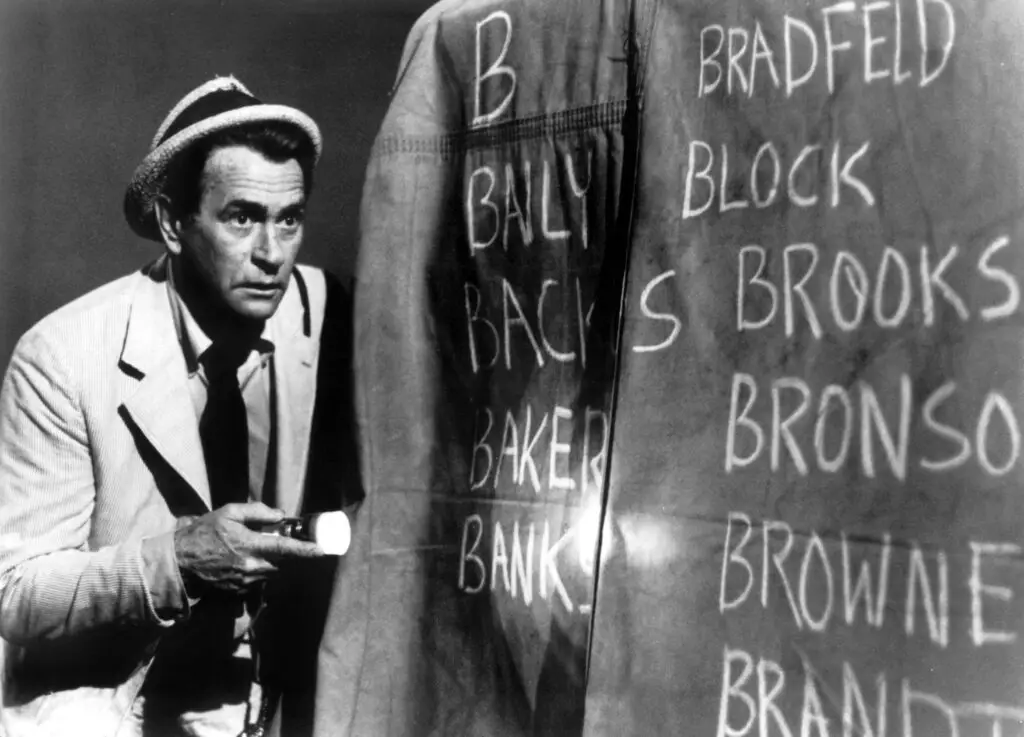
Kolchak: The Night Stalker had everything a cult classic needs—monsters, mystery, and a protagonist who was always one step away from losing his mind. Darren McGavin played Carl Kolchak, a scrappy investigative reporter who kept stumbling upon supernatural horrors while trying to break a big story. The show blended horror and journalism in a way that was ahead of its time, but ABC pulled the plug after just one season in ’74–’75. It wasn’t because of a lack of potential—fans adored it, and it later inspired The X-Files. The problem was production headaches and a network that didn’t quite know what to do with it. Even though it was short-lived, it left a lasting impact on sci-fi and horror television. If given more time, it could have evolved into something truly groundbreaking. The mix of humor, suspense, and paranoia made it unique, and it deserved more than just 20 episodes explains Forbes.
It wasn’t just the eerie plots that made Kolchak special; it was McGavin’s performance. He played Kolchak with the perfect mix of sarcasm, desperation, and determination, making him a relatable underdog. The show’s eerie atmosphere and grainy, documentary-style cinematography made it feel real, which only added to the terror. Each episode was like a mini horror movie, featuring everything from vampires to ancient Aztec mummies. Some episodes were genuinely creepy, and it’s surprising the show wasn’t a bigger hit says Woman’s World. Maybe audiences weren’t ready for such an unusual blend of genres. Whatever the reason, Kolchak should have had a longer run. Luckily, it found a second life in reruns and DVDs, gaining a loyal cult following. It was one of those shows that was just a little too ahead of its time.
2. The Fantastic Journey
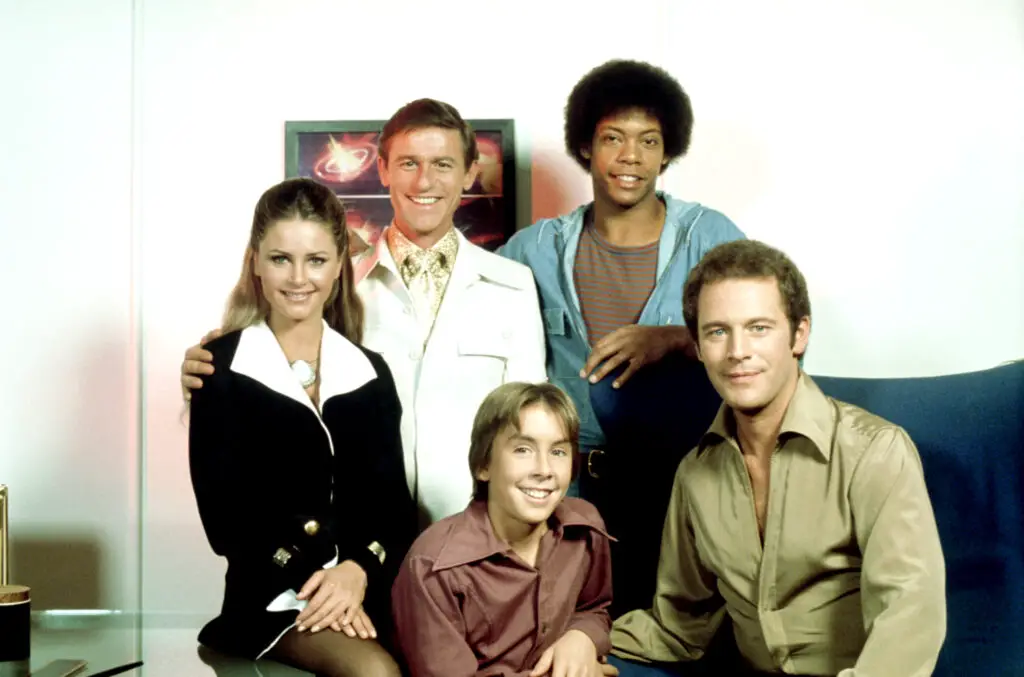
The Fantastic Journey had all the makings of a great sci-fi epic but never got the chance to prove itself. Airing in ’77, it followed a group of people lost in the Bermuda Triangle, stumbling through different time periods and dimensions. It was ambitious and full of wild, creative ideas, but NBC pulled the plug after just 10 episodes. Maybe it was too ambitious, with its constantly shifting settings and characters. The show had a strong cast, including Jared Martin and Roddy McDowall, but it never got to flesh out its world properly. It had a similar vibe to Lost in Space, but with a more serious and mysterious tone. If it had lasted, it could have become a major sci-fi franchise examines Cancelled Sci Fi.
The mix of historical settings, futuristic technology, and supernatural elements made it feel like a different show every week. That unpredictability should have been a strength, but it may have confused audiences. It also suffered from network meddling, with cast changes and rushed storytelling. Still, the core concept was strong, and with a few tweaks, it could have been legendary. Sci-fi fans still talk about it, and it’s easy to see why. The ’70s had plenty of great sci-fi, but The Fantastic Journey was something different. Had it gotten more time, it might have found its audience. Instead, it remains an intriguing “what if” in TV history.
3. Gemini Man
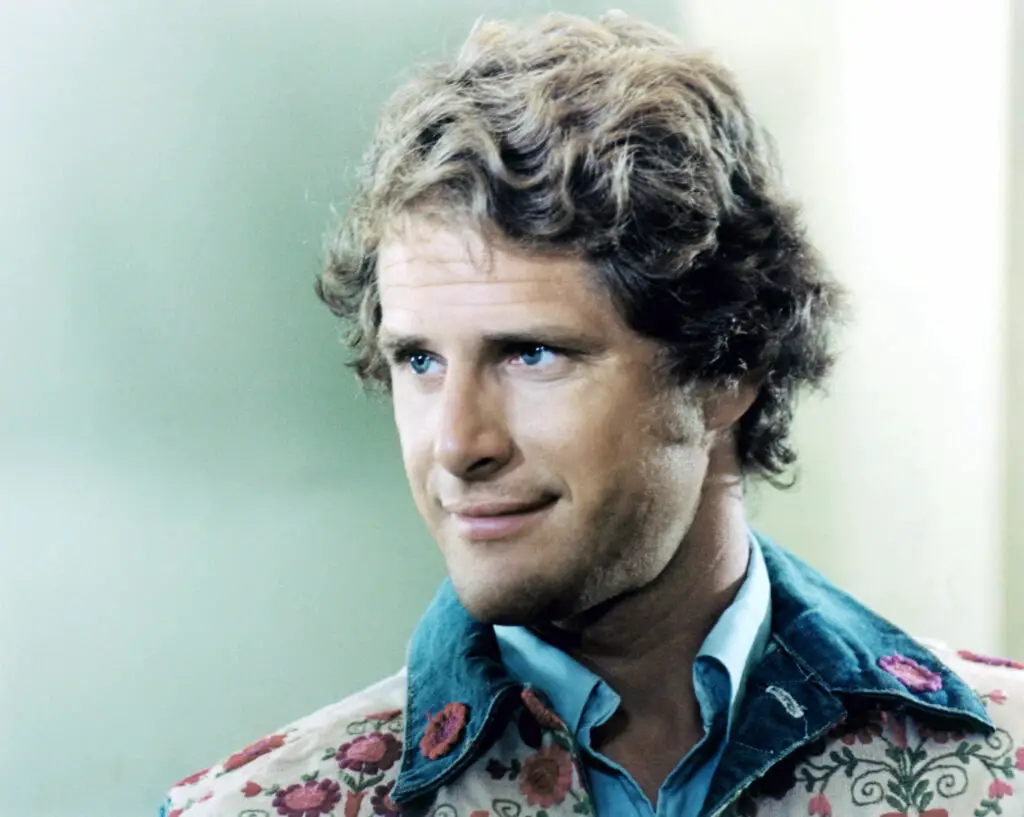
Gemini Man had a concept that should have been TV gold—a secret agent who could turn invisible for 15 minutes a day. That setup alone had endless possibilities, but the show only lasted for 11 episodes in ’76. Ben Murphy played Sam Casey, a government agent who survived a radiation accident that gave him the ability to disappear. His invisibility came with limits, which added tension, but NBC never gave it a real shot. Maybe it was the timing—The Six Million Dollar Man was already dominating the airwaves. Or maybe the special effects, which relied on camera tricks and editing, didn’t wow audiences enough says Comic Watch.
Still, the potential was undeniable. The mix of espionage, sci-fi, and action was ahead of its time. Today, streaming services would probably give it at least a full season to build an audience. Ben Murphy was charming and had the charisma needed for a lead role. If the show had lasted longer, it could have explored deeper storylines, but it was canceled before it could hit its stride. Now, it’s just a forgotten gem of ’70s sci-fi. The premise was strong enough that a reboot wouldn’t be the worst idea. It just needed more time to develop its characters and world.
4. The Immortal
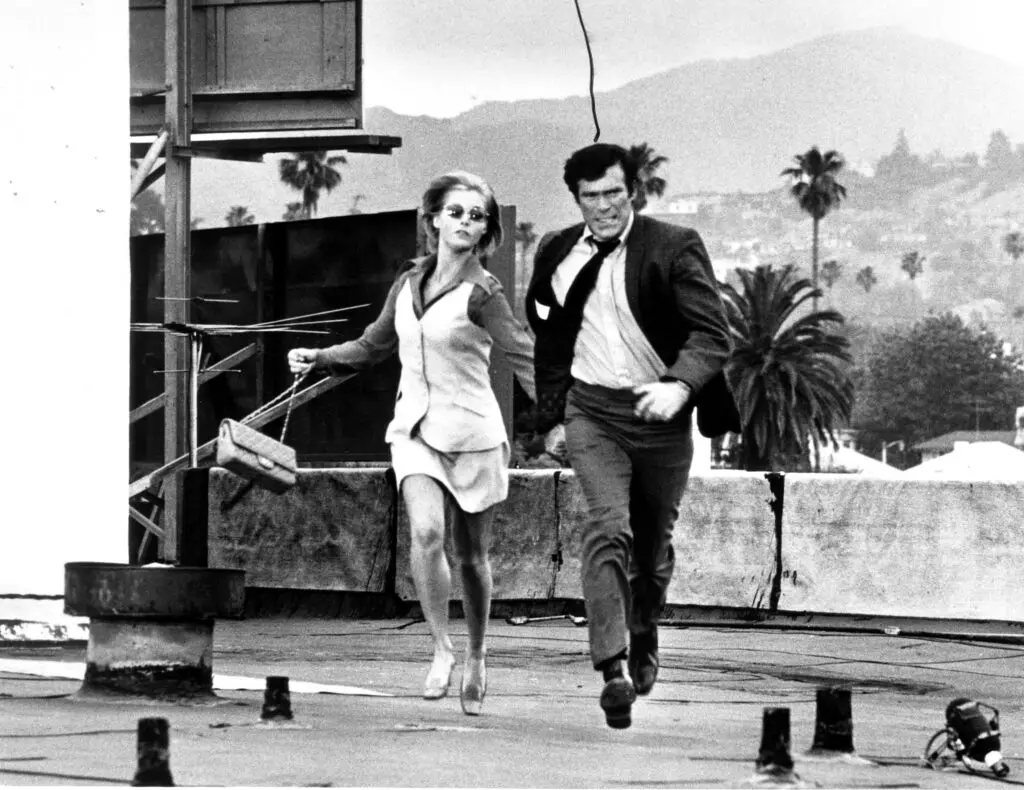
The Immortal had one of the best sci-fi premises of the decade—what if a man had blood that made him immune to disease and aging? Christopher George starred as Ben Richards, a man on the run from powerful people who wanted to use him for their own gain. It aired in ’70–’71 but only lasted for 15 episodes. The mix of action, suspense, and science fiction should have made it a hit, but it never took off. It had a bit of a Fugitive feel, with Ben constantly moving from place to place to stay ahead of those hunting him. But maybe audiences weren’t ready for a show that combined medical science and action in this way.
Had it lasted, it could have explored deeper themes about mortality, ethics, and the dangers of unchecked power. Christopher George was excellent in the role, bringing both strength and vulnerability. The idea of a man being hunted for his DNA was ahead of its time—it’s the kind of plot modern audiences would eat up. Maybe the show was just too different for its era. Sci-fi TV was tricky in the ’70s, with only a few shows managing to find success. But looking back, The Immortal deserved a better chance. It had all the ingredients of a classic but never got the time to fully develop.
5. The Manhunter
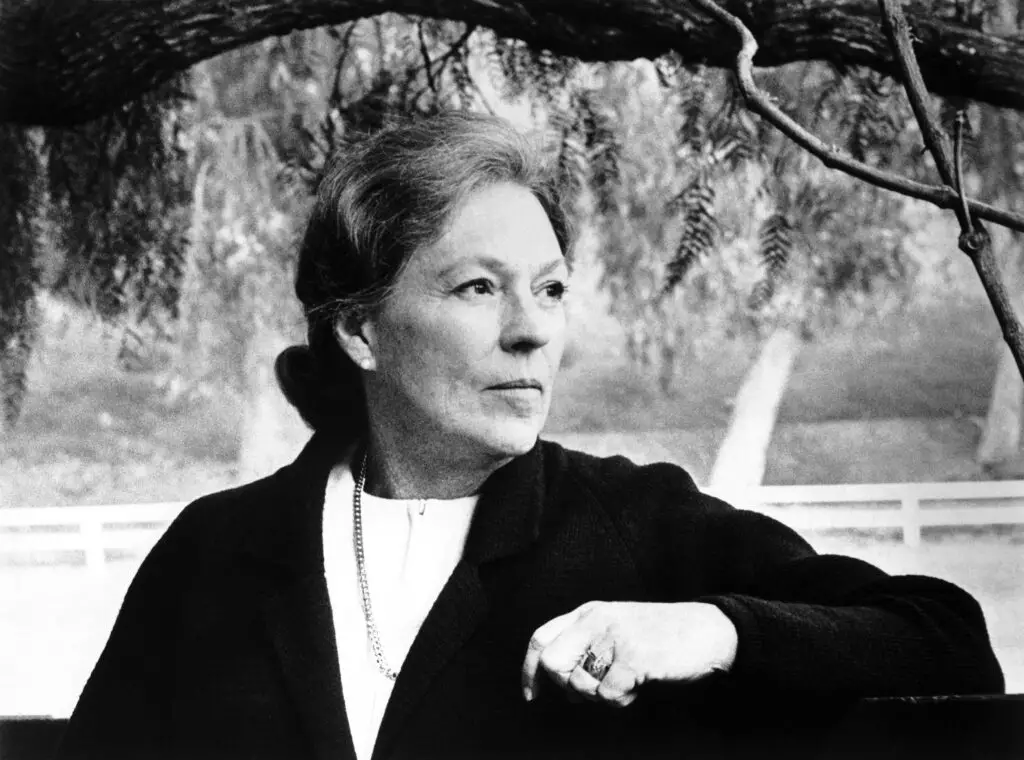
The Manhunter was a gritty crime drama that had the bad luck of premiering in ’74, right when police procedurals were starting to dominate. Instead of focusing on cops, it followed Dave Barrett, a former Marine turned private investigator tracking down criminals in the ’30s. Ken Howard played Barrett, and he brought a quiet intensity to the role. The period setting gave it a unique flair, making it feel like a mix between The Untouchables and The Rockford Files. But audiences didn’t latch onto it, and CBS canceled it after one season. Maybe it was too different from other crime dramas of the time.
The show had solid storytelling and compelling mysteries, but it struggled to find its niche. Period dramas require strong production values, and The Manhunter did a good job with its setting. But it wasn’t flashy, and flashy was what networks wanted. The slower, methodical pacing may have turned off viewers who expected more action. Still, it had a great lead and interesting cases. Had it been given more time, it could have developed into a compelling long-term series. Instead, it faded into obscurity, one of many crime dramas that never found their audience. But for those who remember it, it was something special.
6. Lucan
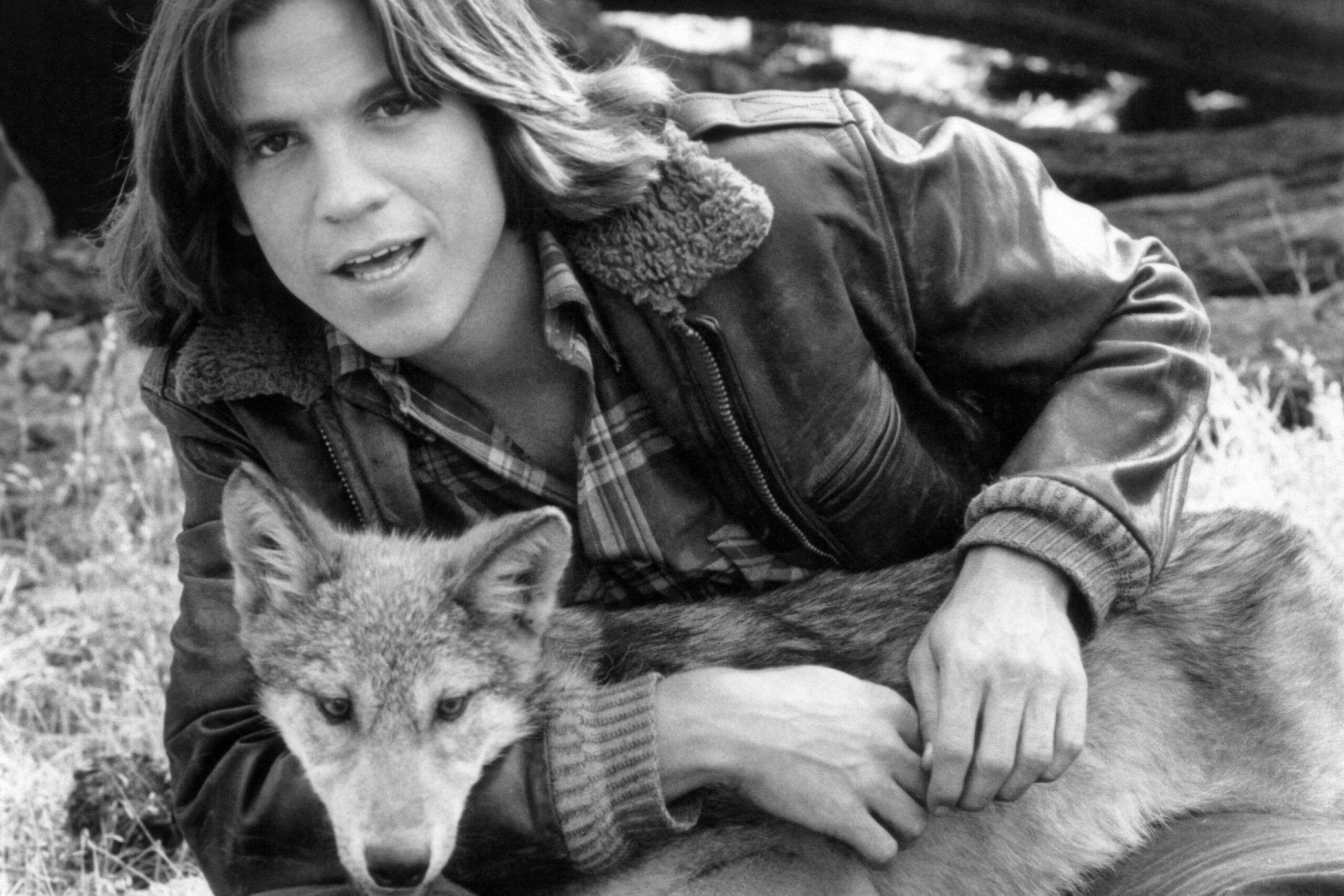
Lucan had one of the most unusual premises of any ’70s TV show—a boy raised by wolves tries to adjust to human society. Airing from ’77 to ’78, it followed Lucan, played by Kevin Brophy, as he searched for his real parents while dealing with his wolf-like instincts. He had heightened senses, incredible agility, and a unique connection to nature, which made him stand out in any crowd. The show had a fascinating mix of adventure, drama, and even a bit of superhero flair. But despite its potential, ABC canceled it after just 12 episodes.
Maybe audiences weren’t sure what to make of a show that was half The Incredible Hulk and half Tarzan. Or maybe it was just too different from the crime dramas and cop shows dominating the era. Whatever the case, Lucan never got the chance to fully explore its premise. It could have been a great mix of action and heart, following Lucan as he tried to understand humanity while staying true to his wild instincts. Instead, it ended before it could truly find its identity. Had it lasted longer, it could have developed into a unique, heartfelt adventure series.
7. Quark
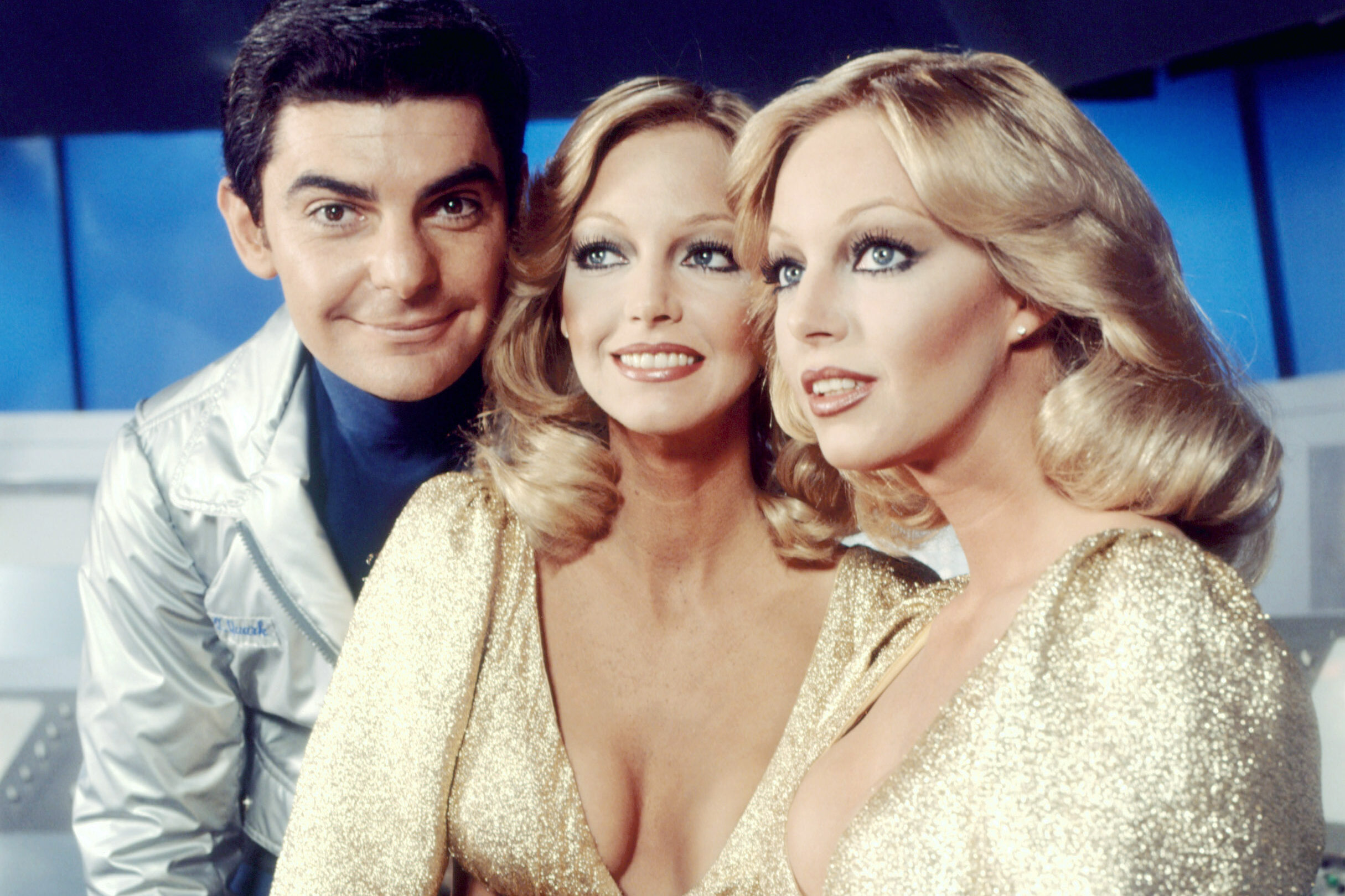
Quark was a sci-fi comedy that probably would have thrived in the age of streaming, but in ’78, it was just too weird to survive. Created by Buck Henry, the show followed Richard Benjamin as Adam Quark, the captain of a garbage-collecting spaceship. It was a satire of sci-fi tropes, poking fun at Star Trek, Star Wars, and just about every other space opera. The humor was absurd and clever, but it struggled to find an audience. NBC pulled the plug after just eight episodes, leaving behind a show that was ahead of its time.
The series had a great cast, including the hilarious Tim Thomerson and the iconic Conrad Janis. It also featured an early example of gender-fluid characters with the Betty clones, one of whom identified as male. The show was full of strange, inventive ideas, but the ’70s TV landscape wasn’t ready for a sci-fi sitcom that didn’t fit neatly into any category. If it had been given more time, it might have become a cult classic alongside shows like Red Dwarf. Instead, it remains a forgotten gem that sci-fi fans still talk about in hushed tones.
8. Project U.F.O.
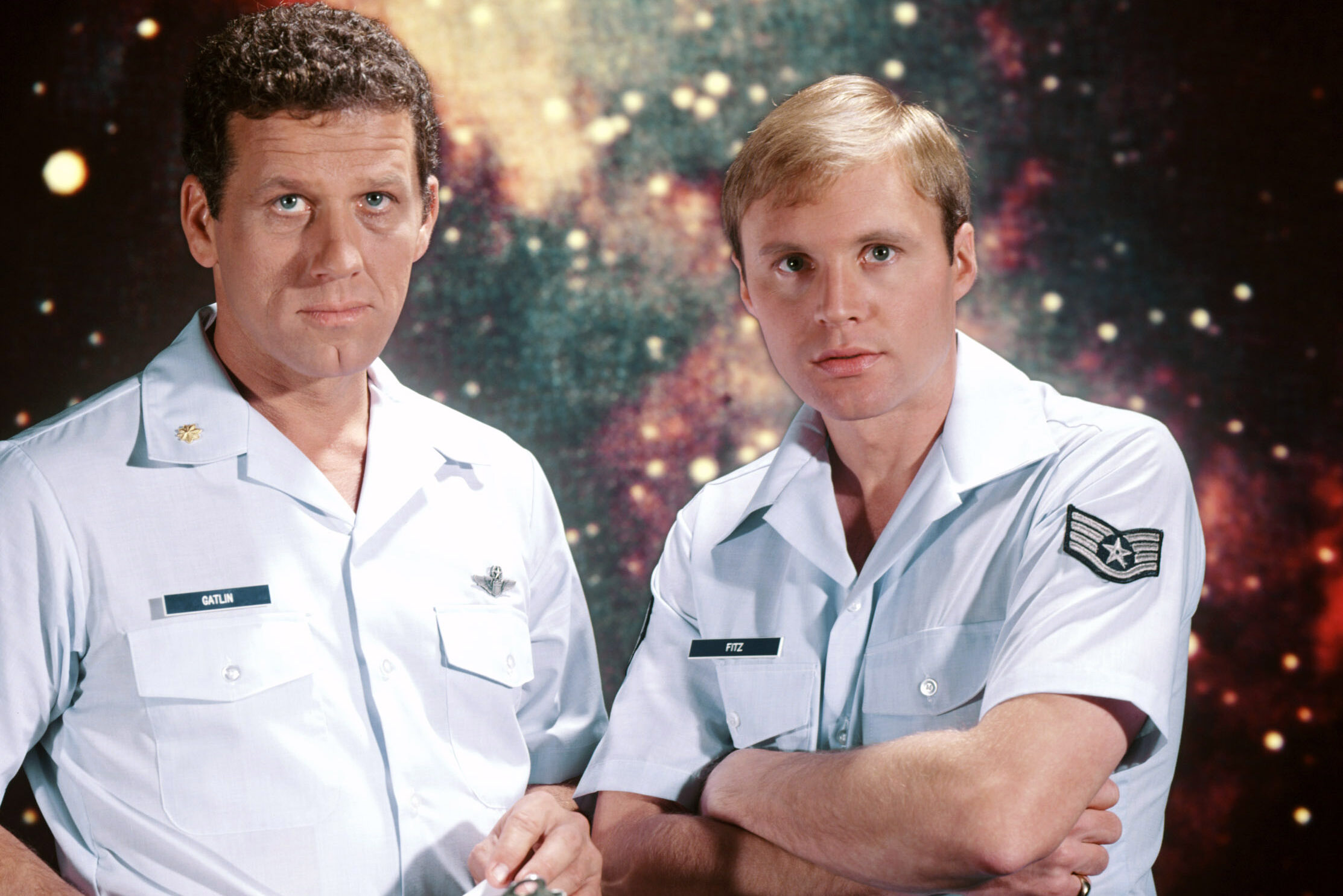
Project U.F.O. was inspired by real-life Air Force investigations into unidentified flying objects, making it one of the most intriguing shows of the ’70s. Airing from ’78 to ’79, it followed two officers as they examined UFO sightings, trying to determine whether they had logical explanations or were truly extraterrestrial. The show had a semi-documentary feel, blending real cases with dramatized storytelling. But despite its fascinating premise, it only lasted for two seasons before NBC canceled it.
The pacing may have been too slow for audiences expecting more action-packed sci-fi. Instead of laser battles and alien invasions, Project U.F.O. took a more subdued, realistic approach. That should have made it stand out, but it may have worked against it. The show’s eerie tone and investigative structure could have made it a long-running hit if given more time. Today, with renewed interest in government UFO reports, it’s easy to imagine a modern reboot. But in the ’70s, it never quite caught on. It’s one of those shows that deserved a second chance but never got it.
9. The New People
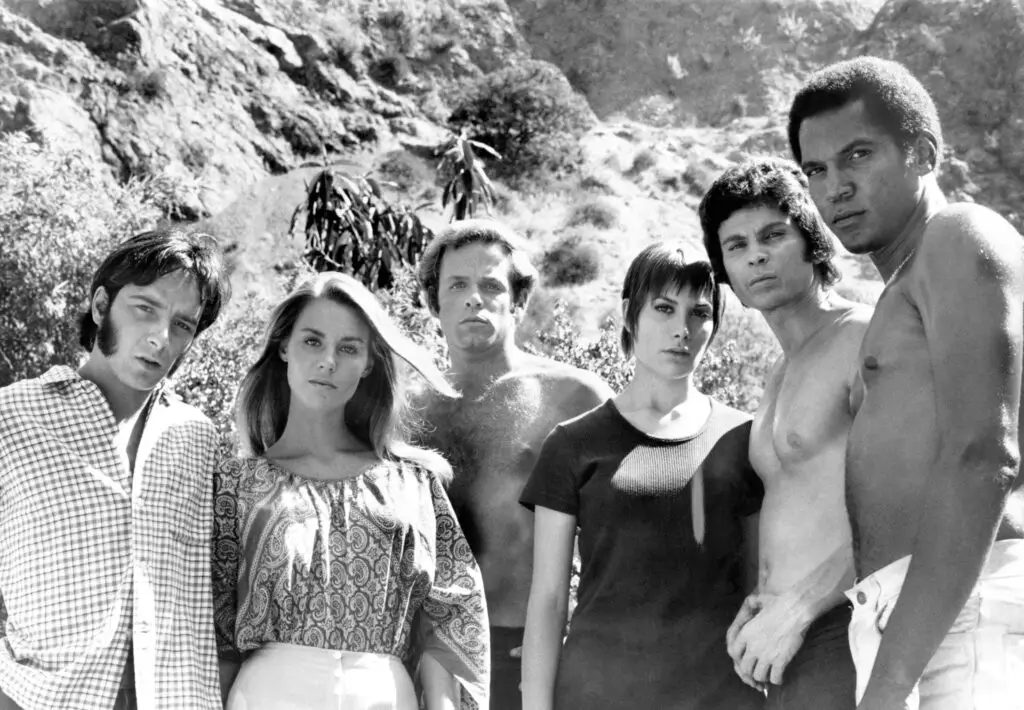
The New People was like Lost decades before Lost existed, but it never had the chance to develop into something great. Airing in ’69–’70, it followed a group of college students who crash-land on a deserted island where all the adults are gone. With no authority figures, they have to build a new society from scratch. It was a fascinating social experiment wrapped in a survival drama, but ABC canceled it after just 17 episodes.
Maybe audiences weren’t ready for such a serious, philosophical take on a survival story. The show asked tough questions about leadership, morality, and human nature, but it never got to explore them fully. Had it been given a full season or two, it could have become one of the most thought-provoking dramas of its time. Instead, it vanished almost as quickly as it arrived. It’s one of those forgotten shows that was just a little too ambitious for its era.
10. The Girl with Something Extra
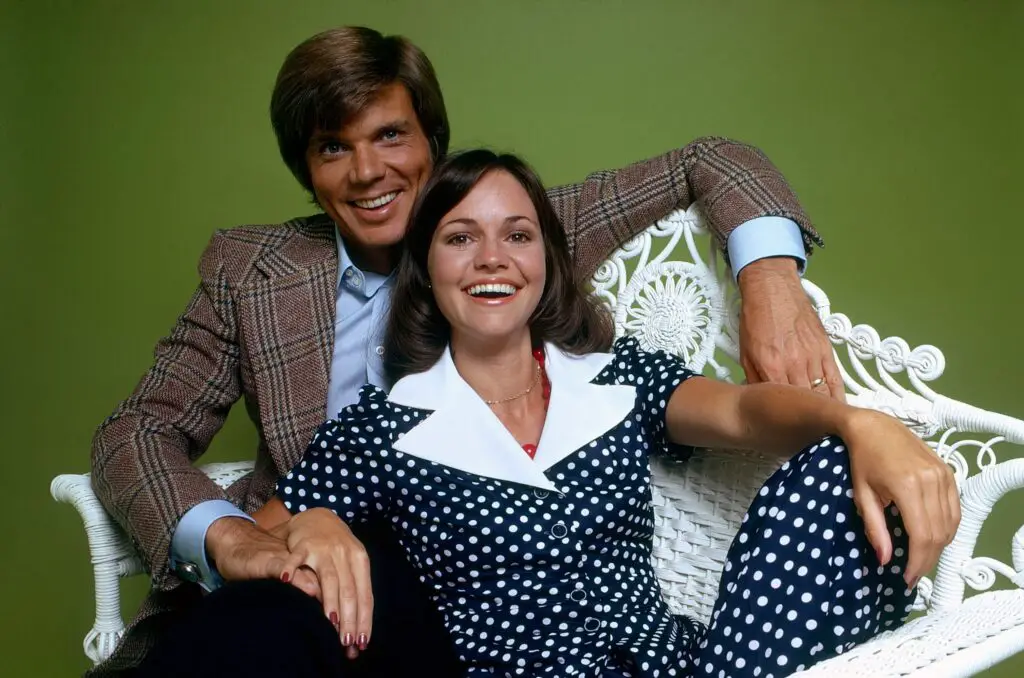
The Girl with Something Extra was an offbeat sitcom starring Sally Field as a woman with ESP, and while that sounds like a fun idea, NBC didn’t think so. Airing in ’73–’74, it followed her character, Sally Burton, as she tried to navigate married life while constantly reading her husband’s thoughts. John Davidson played her husband, who had to adjust to having zero secrets. It had a fun mix of comedy and supernatural hijinks, but it only lasted one season.
Maybe audiences weren’t sure if they wanted a sitcom with a psychic twist. Or maybe it was just overshadowed by bigger hits of the era. Either way, it was a lighthearted, charming show that could have lasted longer with the right support. Sally Field was as delightful as ever, and the chemistry between her and Davidson was strong. Had the show been given a second season, it might have found its audience. Instead, it remains a forgotten footnote in her otherwise stellar career.
11. Chopper One
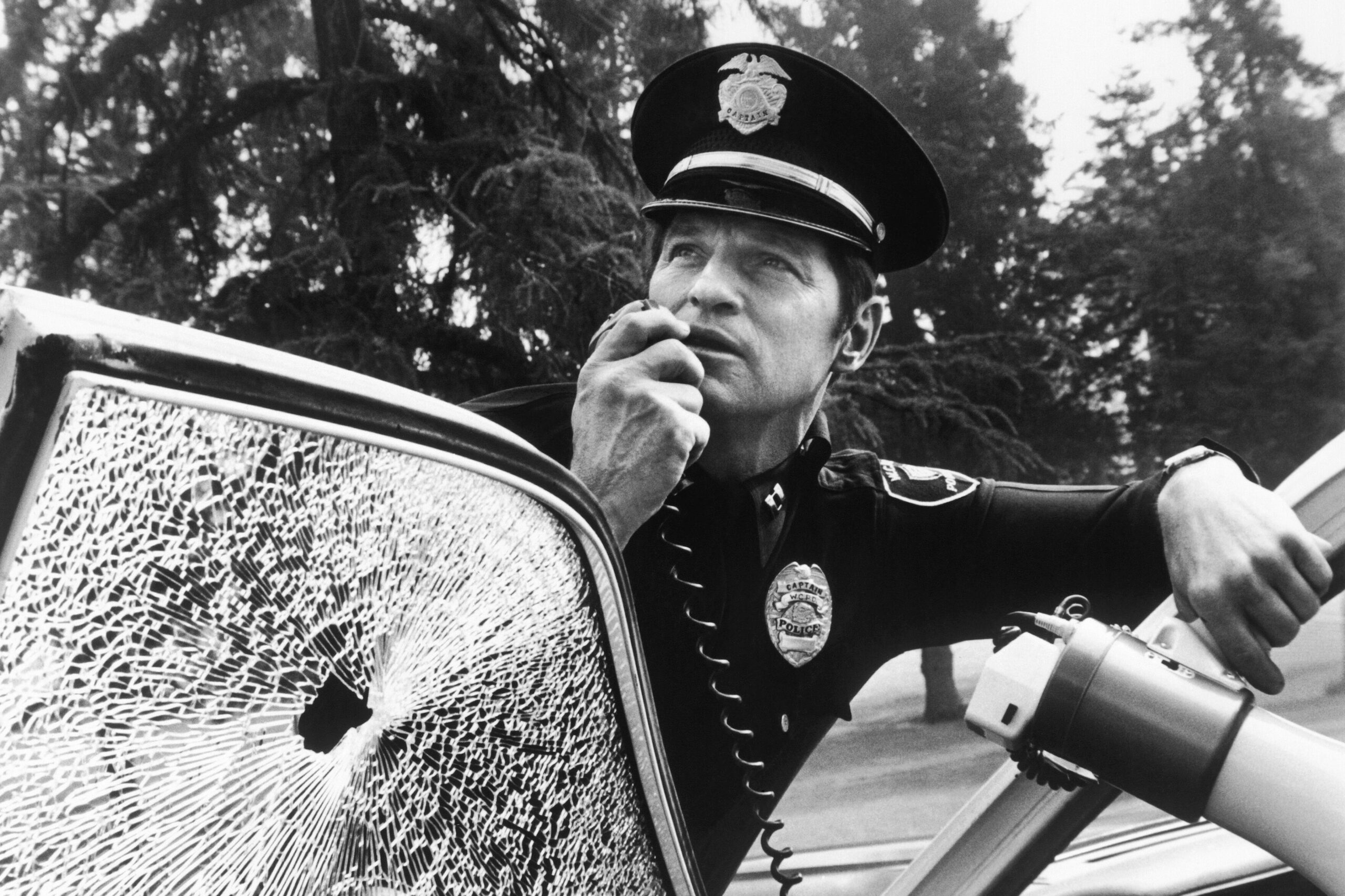
Chopper One was an action-packed police drama that had all the right ingredients but none of the luck. Airing in ’74, it followed a helicopter patrol unit taking down criminals from the skies. It had thrilling aerial chases, intense rescues, and plenty of ’70s cop drama flair. Dirk Benedict and Jim McMullan starred as the main officers, bringing plenty of charisma to the show. But despite its high-flying action, ABC canceled it after just 13 episodes.
Maybe it was too similar to other cop shows of the era, or maybe audiences weren’t into the idea of airborne law enforcement. Whatever the case, Chopper One never got a fair shot. It had exciting set pieces and strong characters, but it just didn’t click with viewers. Had it been given more time, it could have become one of the standout cop dramas of the decade. Instead, it disappeared as quickly as it arrived.
12. Future Cop
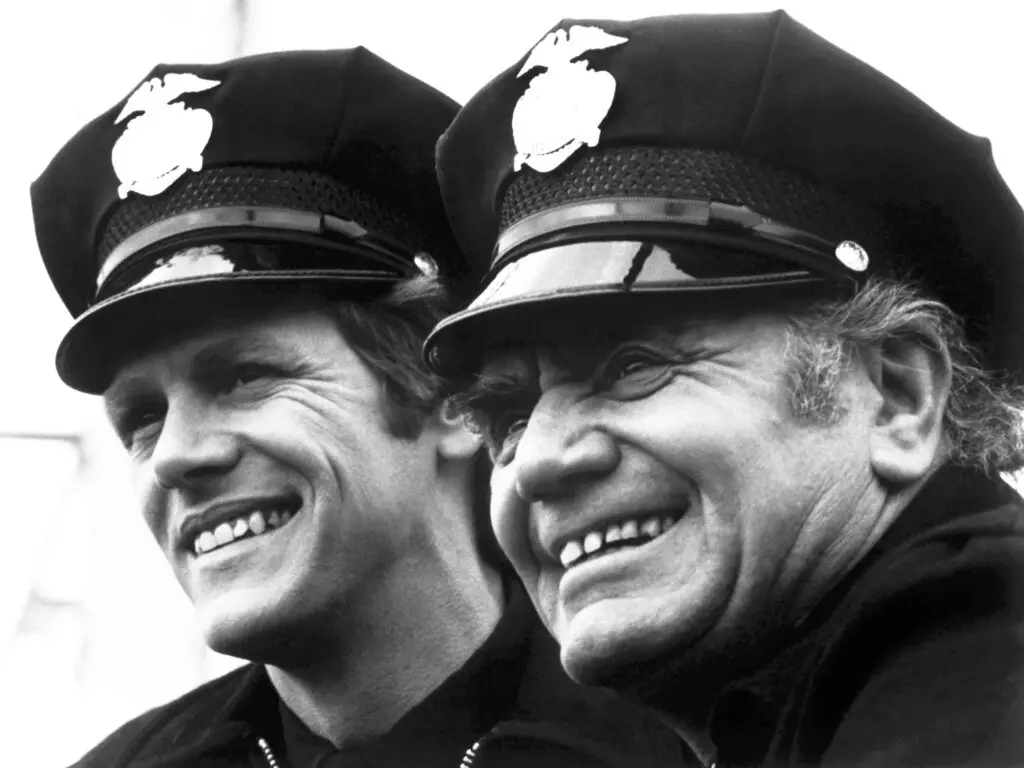
Future Cop was basically RoboCop before RoboCop, but it didn’t get the recognition it deserved. Airing from ’76 to ’78, it starred Ernest Borgnine as a grizzled cop partnered with an android officer played by Michael Shannon. The premise was ahead of its time—could a robot be a better cop than a human? The show had action, humor, and even some surprisingly deep themes about artificial intelligence and morality. But ABC canceled it after just six episodes, with a few unaired ones trickling out later.
The timing might have been off—audiences weren’t yet ready for a blend of buddy-cop action and sci-fi. If it had come out in the ’80s, it might have been a bigger hit. The chemistry between Borgnine and Shannon was great, and the show had a unique tone that balanced seriousness with fun. Had it been given a full season, it could have developed into something special. Instead, it became another forgotten ’70s sci-fi experiment that never reached its full potential.
13. The Texas Wheelers
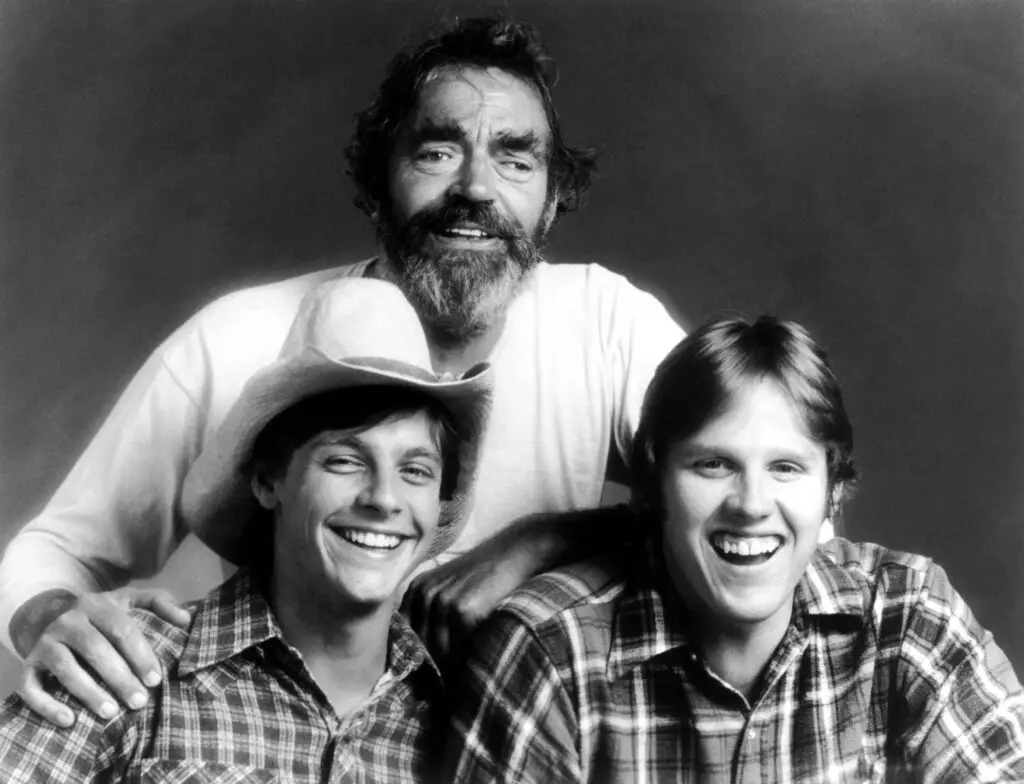
The Texas Wheelers was a heartfelt, funny dramedy that never found its audience. Airing in ’74, it starred a young Gary Busey and Mark Hamill as two brothers raised by their irresponsible, free-spirited father. It had a down-to-earth, slice-of-life quality that felt more like an indie film than a typical sitcom. But despite strong writing and a great cast, ABC canceled it after just eight episodes.
Maybe audiences weren’t ready for a sitcom that leaned more on real-life struggles than wacky hijinks. Or maybe it just needed more time to build a fanbase. Whatever the case, The Texas Wheelers had all the makings of a classic, but it never got the chance to shine. Had it been given a second season, it might have developed into something truly special. Instead, it remains a fascinating what-could-have-been in TV history.
